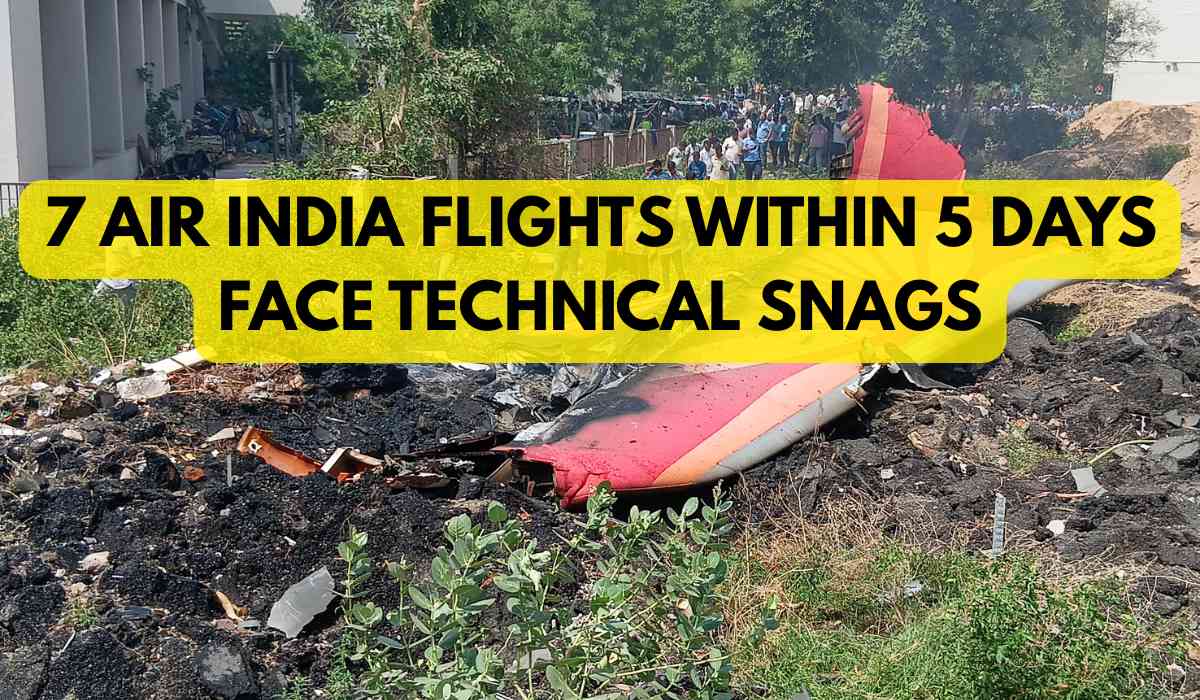India’s national carrier, Air India, is in the eye of a storm following the catastrophic crash of flight AI171 on June 12, 2025. The Boeing 787-8 Dreamliner, operating the Ahmedabad to London Gatwick route, plummeted into buildings near the BJ Medical College campus moments after takeoff, erupting into flames and leaving a death toll of 270 people — 241 passengers, one crew member, and at least 33 people on the ground. Only a single passenger survived, their harrowing escape captured in a viral video.
Less than a week after the tragedy, the ripple effects continue to spread. A string of technical snags, flight cancellations, emergency landings, and mounting passenger complaints have not only dented Air India’s reputation but also raised critical concerns about the health of India’s aviation ecosystem. And despite Prime Minister Narendra Modi’s frequent claims of strengthening international relations and fostering a “new India,” these incidents reflect a system under duress — one where global scrutiny, domestic inefficiencies, and diplomatic optics are colliding.
Also read: Ahmedabad Plane Crash: Revisiting India’s 10 Deadliest Aviation Disasters
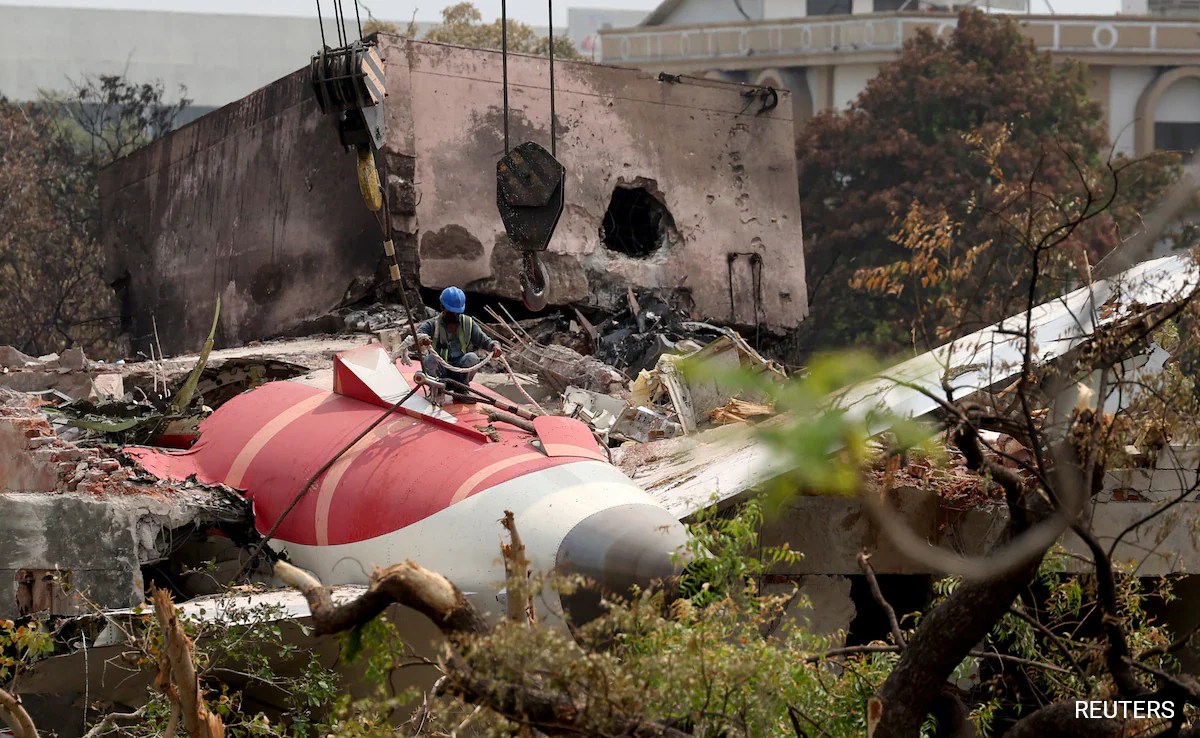
Flight AI159: Cancelled Amid Chaos, Confusion, and No Answers
The most immediate fallout came with the cancellation of Flight AI159 — the very first London-bound service from Ahmedabad after the fatal crash. Scheduled to depart at 1:10 pm on June 17, it was initially delayed to 3:00 pm. However, at 1:45 pm, Air India abruptly announced the cancellation, citing "operational issues." Stranded passengers received little to no information.
Interestingly, AI159 was the rebranded version of AI171, whose call sign has now been permanently retired out of respect for the crash victims. The silence from Air India over the repeated disruptions only fueled passenger frustration and public anxiety. Airport officials clarified that AI159 was grounded after a routine inspection revealed a technical fault — a deeply concerning detail given the recent crash involved the same aircraft model and route.
Also read: Why So Many Boeing Planes Are Crashing And How the Ahmedabad Tragedy Deepens Its Image Crisis
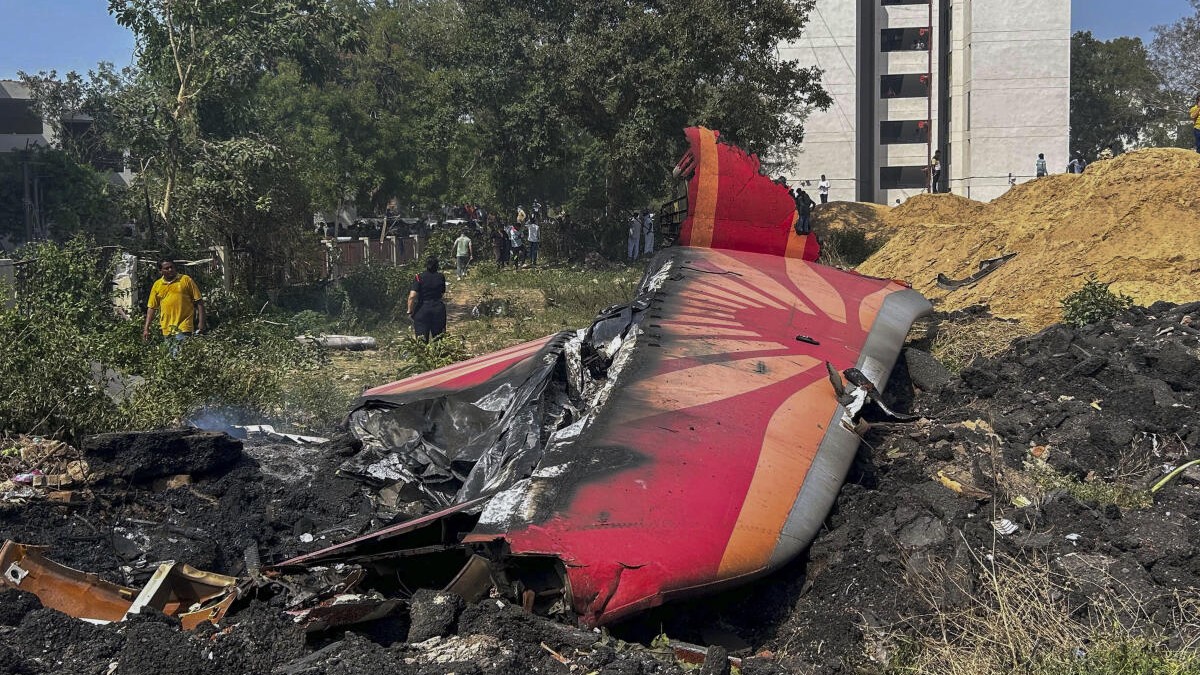
A Chain Reaction of Technical Snags: 6 Flights in 5 Days
In the days following the AI171 disaster, at least six additional Air India-operated flights have suffered technical failures or operational lapses. Here's a disturbing roundup:
1. AI315 (Hong Kong → Delhi)
On June 16, this Boeing 787-8 flight returned to Hong Kong shortly after takeoff. Reaching an altitude of 22,000 feet, the pilot reported a technical issue and decided not to proceed. The aircraft landed safely and underwent precautionary inspections. No injuries were reported.
2. AI180 (San Francisco → Mumbai via Kolkata)
Early on June 17, this Boeing 777-200LR flight landed in Kolkata for a scheduled halt. During layover checks, a technical fault was discovered in the left engine, prompting the pilot to deplane all passengers around 5:20 am. The aircraft was held for maintenance.
This detour through Kolkata, introduced due to the closure of Pakistani airspace amid geopolitical tensions, has already lengthened the journey. Now, safety concerns further complicate matters.
3. AI2493 (Mumbai → Ahmedabad)
An Airbus A321-211 flight was grounded in Mumbai after the crew’s Flight Duty Time Limitations (FDTL) expired amid unspecified delays. The flight was ultimately cancelled.
4. AI315 (Delhi → Ranchi)
A Boeing 737 Max 8 had to return mid-air shortly after takeoff due to a suspected technical glitch. After landing safely in Delhi, the aircraft was cleared following inspections.
5. AI379 (Phuket → New Delhi)
In an unrelated yet equally alarming event, this Air India flight made an emergency landing in Phuket after a bomb threat was discovered in a lavatory. All 156 passengers were safely escorted off the aircraft. The threat, later determined to be non-credible, nonetheless highlighted another layer of risk.
6. AI159 (Ahmedabad → London)
As mentioned earlier, this replacement for the ill-fated AI171 was also grounded, making it two Ahmedabad–London flights cancelled within a week due to technical issues.
7. AI142 (Paris → Delhi)
Air India has cancelled its Delhi-Paris flight due to pre-flight issues and is currently addressing the issue. The return flight AI142 from Paris to Delhi has also been cancelled due to night operations restrictions at Paris Charles de Gaulle airport. Air India is offering hotel accommodation, full refunds or rescheduling, and alternative arrangements to ensure passengers reach their destination.
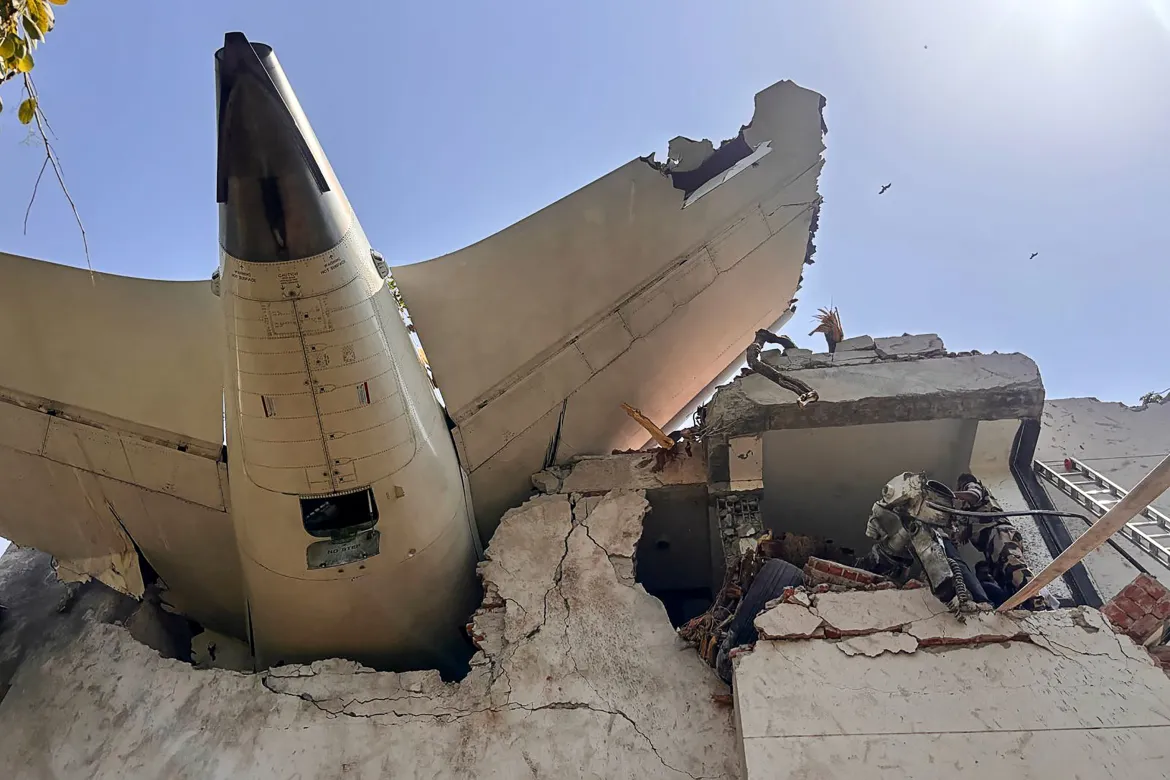
Global Scrutiny and DGCA’s Response: Too Little, Too Late?
The Directorate General of Civil Aviation (DGCA), in coordination with aviation authorities from the UK and US, has launched a probe into the AI171 crash. Investigators have recovered the flight and voice data recorders, which are currently being analysed.
Union Minister Murlidhar Mohol announced the formation of a high-level multidisciplinary committee tasked with reviewing the incident and submitting a report within three months. He confirmed that Air India operates 34 Boeing 787 Dreamliners, of which 12 have undergone immediate safety checks — with no faults found so far.
However, lawmakers and aviation experts argue this is not enough. The Parliamentary Standing Committee on Transport, Tourism, and Culture is expected to summon officials from the DGCA, Bureau of Civil Aviation Security (BCAS), airport authorities, and airline representatives to investigate whether systemic oversight failures contributed to the tragedy.
Families Wait in Agony as DNA Matching Continues
In the wreckage’s aftermath, authorities have so far identified 119 victims using DNA testing. Only 76 bodies have been handed over to grieving families, leaving others in prolonged anguish.
The crash has become one of India’s deadliest aviation disasters in three decades, and its human toll underscores the devastating consequences of recurring negligence in air travel safety.
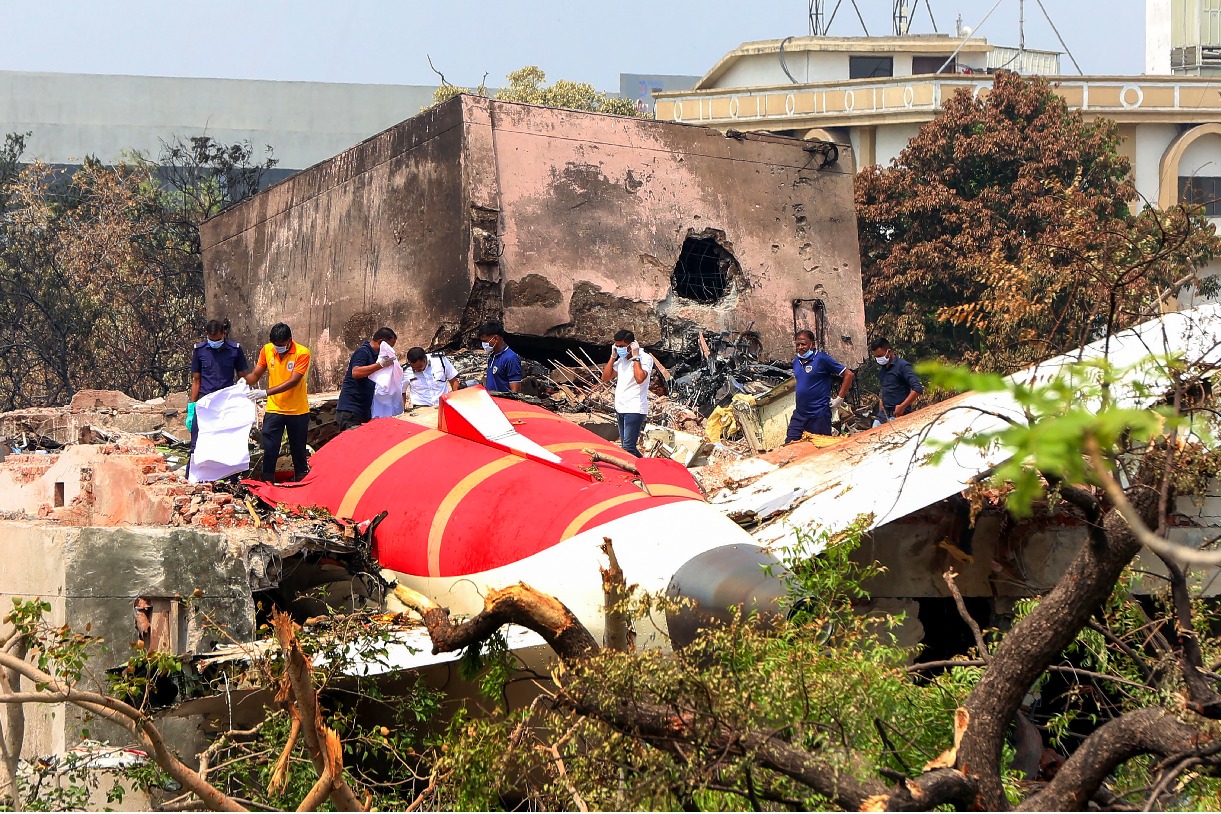
Where Is India’s Diplomatic Leverage in Times of Crisis?
Prime Minister Narendra Modi often touts his government’s strong global partnerships and proactive foreign diplomacy. But in this moment of crisis — involving American aircraft (Boeing), European airlines (British Airways, Lufthansa), and international cooperation in investigations — India’s diplomatic strength appears to have delivered little real-world leverage or support for its citizens.
While three foreign-operated Boeing 787 Dreamliners — from British Airways, Lufthansa, and Air India — were forced to return to origin airports following the crash, official communication and passenger assistance remained patchy.
This raises uncomfortable questions:
-
Why are India's global airline partners not stepping up with more transparent communication and support?
-
Why is Air India still relying heavily on Boeing Dreamliners despite repeated snags?
-
Where are the fast-track safety upgrades and international collaboration when it matters most?
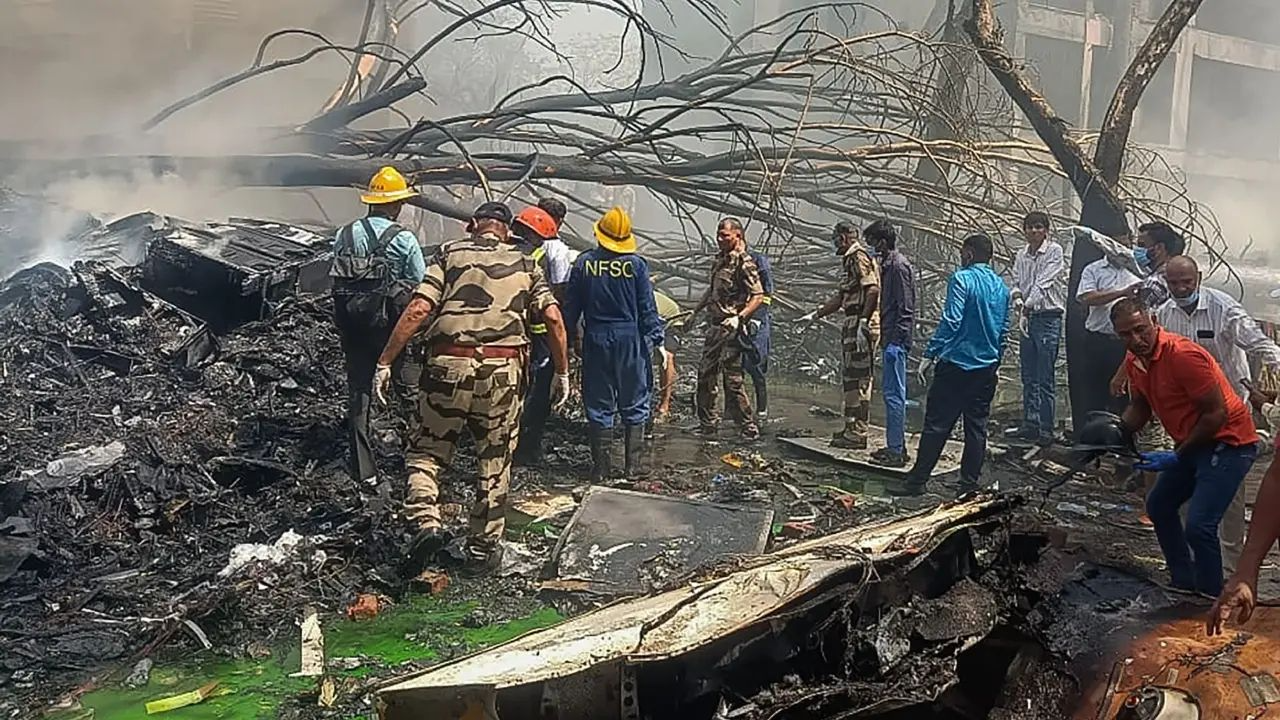
A Systemic Crisis Demanding Structural Reform
The recent incidents expose a worrying systemic failure in India’s aviation infrastructure. From crew exhaustion and outdated aircraft to vague communication protocols, the cracks are everywhere. That India’s flagship airline continues to suffer cascading disruptions even after such a tragic event is both unacceptable and dangerous.
In an era where India aspires to be a global power and hub for international travel, the aviation sector must reflect that ambition — not betray it with negligence, opacity, and reactive crisis management.
Time for Transparency, Accountability, and Urgent Reform
The June 12 Air India crash has become a wake-up call. But what the country does next — whether it prioritises safety reforms, enforces accountability, and rethinks its aviation strategy — will determine whether this tragedy becomes a footnote or a turning point.
India cannot afford to let diplomatic optics overshadow citizen safety. Nor can it let national pride mask the urgent need for structural reform in a sector upon which lives literally depend.
With inputs from agencies
Image Source: Multiple agencies
© Copyright 2025. All Rights Reserved Powered by Vygr Media.

